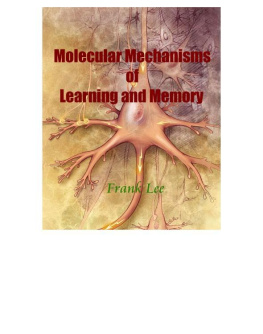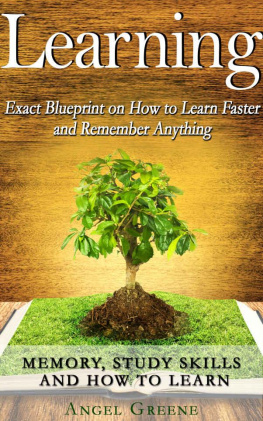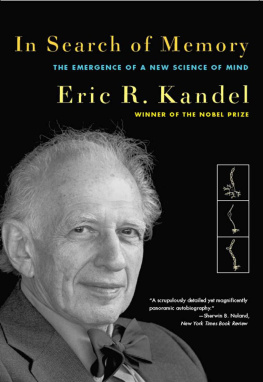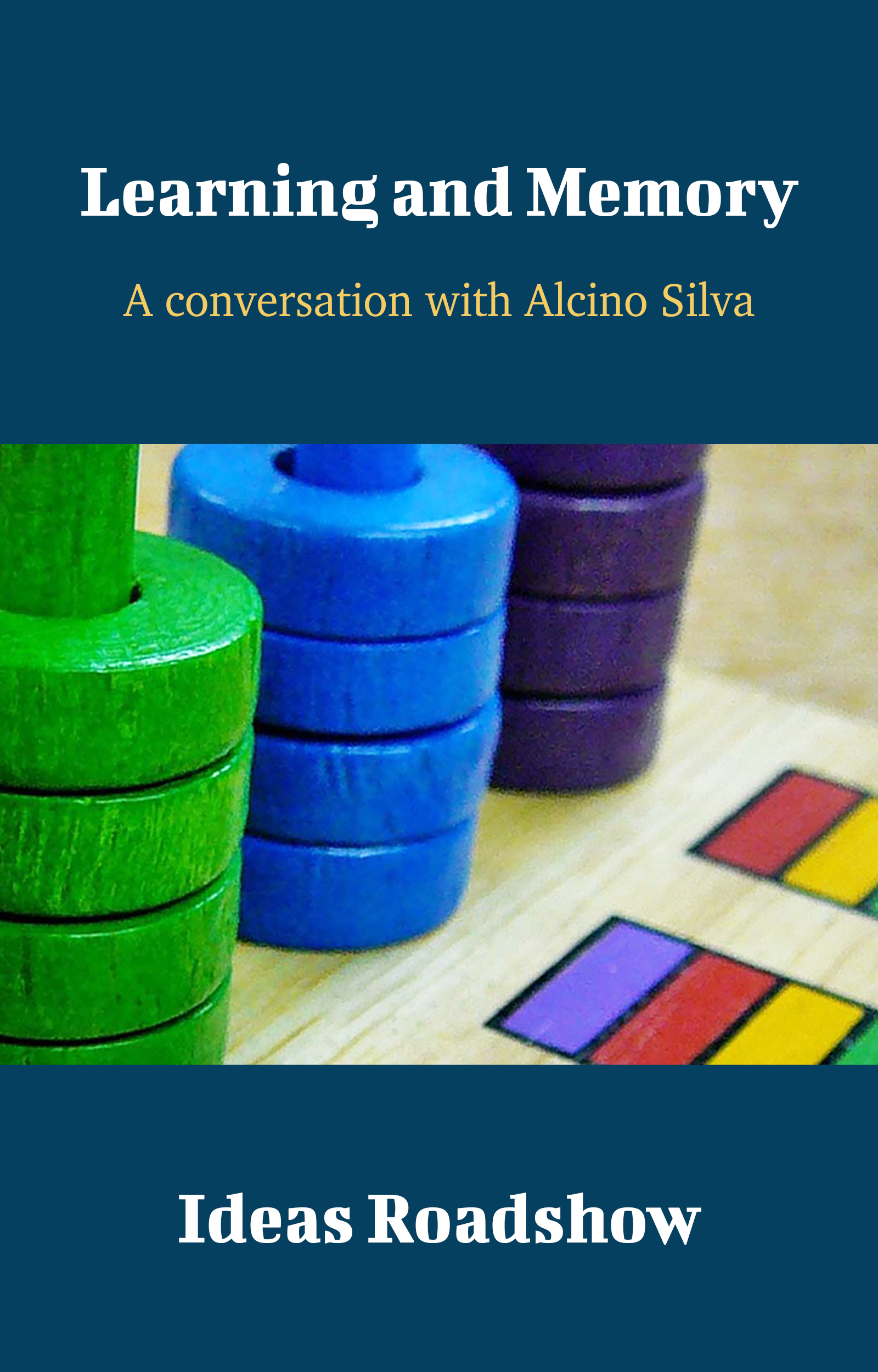Howard Burton - Learning and Memory: A Conversation with Alcino Silva
Here you can read online Howard Burton - Learning and Memory: A Conversation with Alcino Silva full text of the book (entire story) in english for free. Download pdf and epub, get meaning, cover and reviews about this ebook. year: 2020, publisher: Open Agenda Publishing, genre: Religion. Description of the work, (preface) as well as reviews are available. Best literature library LitArk.com created for fans of good reading and offers a wide selection of genres:
Romance novel
Science fiction
Adventure
Detective
Science
History
Home and family
Prose
Art
Politics
Computer
Non-fiction
Religion
Business
Children
Humor
Choose a favorite category and find really read worthwhile books. Enjoy immersion in the world of imagination, feel the emotions of the characters or learn something new for yourself, make an fascinating discovery.

- Book:Learning and Memory: A Conversation with Alcino Silva
- Author:
- Publisher:Open Agenda Publishing
- Genre:
- Year:2020
- Rating:5 / 5
- Favourites:Add to favourites
- Your mark:
Learning and Memory: A Conversation with Alcino Silva: summary, description and annotation
We offer to read an annotation, description, summary or preface (depends on what the author of the book "Learning and Memory: A Conversation with Alcino Silva" wrote himself). If you haven't found the necessary information about the book — write in the comments, we will try to find it.
Learning and Memory is based on an in-depth conversation between Howard Burton and Alcino Silva, Distinguished Professor of Neurobiology, Psychiatry and Psychology at the David Geffen School of Medicine and Director of the Integrated Center for Learning and Memory at UCLA.
Alcino Silva runs a learning and memory lab at UCLA that is focused on a vast number of topics, from schizophrenia and autism to learning and memory. This fascinating conversation explores how he and his colleagues focus on understanding the specific molecular mechanisms of neurobiology with the goal of being able to intervene and repair these mechanisms when they go awry. Further topics include plasticity of the brain, implanting memories, how cognitive deficits associated with developmental disorders can be reversed, the importance of research maps for the field and inspired optimism for the future.
This carefully-edited book includes an introduction, Dom Alcino and the Age of Discoveries, and questions for discussion at the end of each chapter:
About Ideas Roadshow Conversations Series (100 books):
Presented in an accessible, conversational format, Ideas Roadshow books not only explore frontline academic research featuring world-leading researchers, including 3 Nobel Laureates, but also reveal the inspirations and personal journeys behind the research. Howard Burton holds a PhD in physics and an MA in philosophy, and was the Founding Director of Canadas Perimeter Institute for Theoretical Physics.
Howard Burton: author's other books
Who wrote Learning and Memory: A Conversation with Alcino Silva? Find out the surname, the name of the author of the book and a list of all author's works by series.










